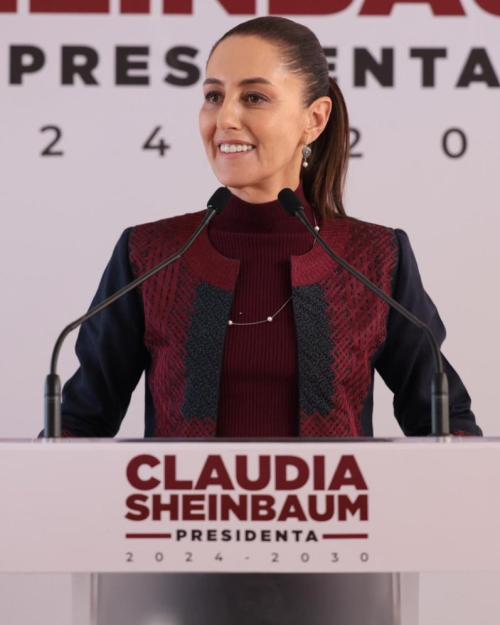Claudia Sheinbaum is being sworn in as Mexico's first female president today. The former mayor of Mexico City is largely expected to follow in the footsteps of outgoing President Andrés Manuel López Obrador, the leader of the ruling Morena party. She faces concerns about the economy, crime and a predecessor who might not go away.
Gustavo Flores-Macias, professor of government at Cornell University and an expert in Latin American politics says that despite her clear electoral mandate, Sheinbaum’s new government faces several major challenges.
Flores-Macías says: “This includes high levels of violent crime, the militarization of public life, the implementation of the recent judicial reform, and managing the bilateral relationship with the United States.
“Sheinbaum will have to show that her administration can improve public safety while respecting the rule of law and civil liberties. Doing so without further increasing the military's influence over civilian affairs, which was her predecessor's preferred course of action, will be especially difficult.
“Sheinbaum will also have to navigate not only the hostile rhetoric toward Mexico that characterizes campaigns in the U.S., but especially the review and potential renegotiation of the U.S.-Mexico-Canada Trade Agreement scheduled for 2026 in the context of an emerging bipartisan protectionist consensus in the United States.”
For interviews contact Adam Allington, cell (231) 620-7180, adam.allington@cornell.edu.




